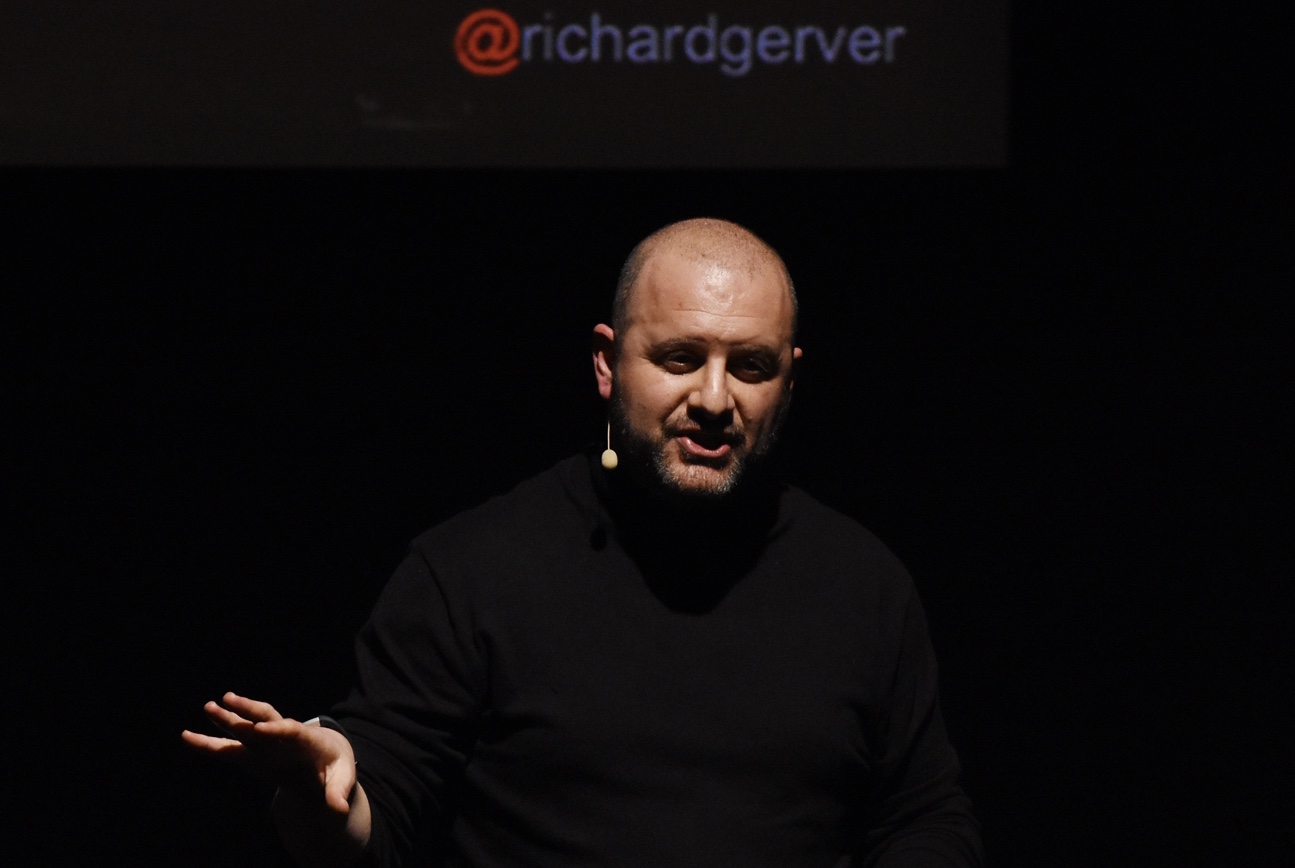Can we learn from other countries on how to solve the current recruitment and retention crisis?
Can we learn from other countries on how to solve the current recruitment and retention crisis?
An ‘Around the World’ Special
Among the 29 countries and economies of the East Asia and Pacific region, one finds some of the world’s most successful education systems. Seven out of the top 10 highest average scorers on internationally comparable tests such as PISA and TIMSS are from the region, with Japan, Republic of Korea, Singapore, and Hong Kong (China) consistently among the best.
Teacher shortage is a global problem but some countries have implemented effective policies and practices.

These are just four ways in which these countries do it:
Require teachers to show their skills in front of peers. A critical time for forming a good teacher is just at the start of their careers. In most successful countries in the region, new teachers must get in the habit of demonstrating how they teach in front of peers and future mentors. Teaching in the region has become an “open door” profession. Showing that they are getting better at the craft of teaching is part and parcel of advancing teachers’ career.
Give them clear guidance and more time. While successful countries in East Asia and Pacific demand high qualifications and performance from teachers, they also give them much-needed support. Clear expectations on what to teach comes through clear textbooks and straightforward standards for learning. Compared with their peers in other OECD countries, teachers in many top-performing countries in the region are given more time to prepare for each hour of class time.
Promote collaborations and peer feedback. When teachers feel isolated in their classrooms, schools and the whole education system struggle to get results. Top performers derive benefit from insisting that teachers work together, and build professional collaboration around continuous improvement. Shanghai’s “teacher research groups” epitomizes this approach: teachers come together to study ways to master their disciplines and more effectively deliver content.
Pay in a way that keeps the best teachers teaching and mentoring colleagues. Taking great pains to make a good teacher pays off most when that teacher stays in the classroom. In other regions, experienced teachers take administrative positions in large numbers. Successful countries in the region increase pay more steeply as teachers gain experience. Combined with merit-based advancement, teachers earn more comfortable compensation if they keep doing the hard work of teaching students.
Nick Gibb, minister of state for school standards has recently spoke about a package of support – together with Ofsted and the Association of School and College Leaders – to help schools with teacher recruitment and retention.
It includes giving teachers more time to learn from and share our successes with the world, particularly with other Commonwealth countries.
He said: “We have already taken inspiration from Singapore to ensure our maths curriculum can compete with the best in the world. Over 2,500 primary schools in England are now benefitting from our £74m investment in the Asian-style Teaching for Mastery programme.
Being part of the Commonwealth presents young people with opportunities to learn about other countries and cultures. That’s why we have created an education pack designed to further pupils’ understanding of the Commonwealth, including its structure, principles and some of the great people from its history. Already more than 10,000 copies of that pack have been downloaded and I hope it is being used to teach young people about the Commonwealth and its core values.
This international network of countries – the Commonwealth – is home to 2.4 billion citizens, making up one third of the world’s population, and brings together people from a diverse range of faiths and backgrounds. Over the years, we have worked towards common interests such as peace and democracy and, together, we can help meet the challenges we face both now and in the future. With the help of teachers across the country, we can inspire the next generation and share our pride in the Commonwealth.”
A recent study led by Prof Kwame Akyeampong, Professor of International Education and Development at the University of Sussex recommends that governments use interviews when recruiting to teacher education programmes far more widely than is done currently to establish a candidates’ interpersonal skills and qualities, and commitment to meet the learning needs of all children, irrespective of their social, ethnic, and economic background.
Prof Akyeampong said: “Costs should not be used as an excuse not to invest in recruiting, training and resourcing teachers to meet the learning needs of millions of disadvantaged children, because not doing so will cost even more in terms of loss in a country’s talent pool for social and economic development. Investing in teachers is investing in development.”
Read more at: https://phys.org/news/2018-03-million-teacher-gap-priority-world.html#jCp





